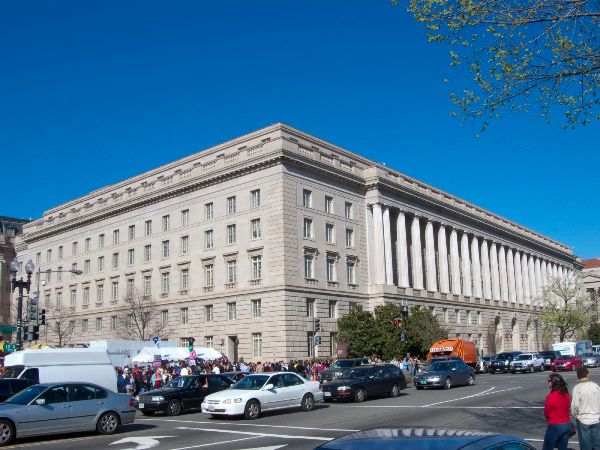Is the Alternative Minimum Tax Affecting the Middle Class?

As lawmakers broil and simmer over budget reform, many Americans are primarily concerned as to whether or not their tax obligations will go up in 2013. One possible contributor to higher taxes for middle class Americans is the alternative minimum income tax, or AMT.
The alternative minimum tax, introduced in 1969 and modernized in 1982, was intended to ensure that the wealthy, who had been abusing tax loopholes and deductions for decades prior, would be required to pay at least some federal taxes on their incomes. All current taxpayers, however, are required to calculate their taxes under both the normal tax system and the AMT, and then pay the higher total. Under the AMT, deductions and tax exemptions that are normally allowed are either nonexistent or far less generous.
The primary culprit for the AMT's new-found regressive quality is inflation. The average rate of inflation since 1970 has been about 4 percent, but the AMT has failed to catch up. In 2007, the Brookings Institute found:
"The AMT is not adjusted for inflation whereas the regular income tax is. This means that if an individual’s income just keeps pace with inflation each year, his or her regular income tax would remain constant (in real terms) while AMT liability would rise."
Although Congress has raised the obligation thresholds for the AMT numerous times in the last couple of years, families making under $100,000 a year are still vulnerable to the alternative tax system, particularly ones with numerous children. If Congress fails to patch the AMT again for 2013, millions of new taxpayers will be subject to the AMT in their next filing.
A myriad of bills have been introduced to raise this exemption for 2013 but have been held up in the House of Representatives, like H.R.8 (Job Protection and Recession Prevention Act of 2012) sponsored by Dave Camp (R-Michigan) and H.R.15 (Middle Class Tax Cut Act) sponsored by Sander Levin (D-Michigan). On Tuesday, a motion to discharge H.R. 15 out of the Committee on Ways and Means and the Committee on the Budget will allow the bill to be voted on provided it reaches the necessary 218 signatures. The petition currently holds 178.
The AMT still remains the best way to ensure that the extremely wealthy pay some form of federal income tax. However, barring a complete tax overhaul, many middle class Americans will remain subject to the alternative tax structure.



